World
The Rising Controversy on Social Media Usage in Civil Protests
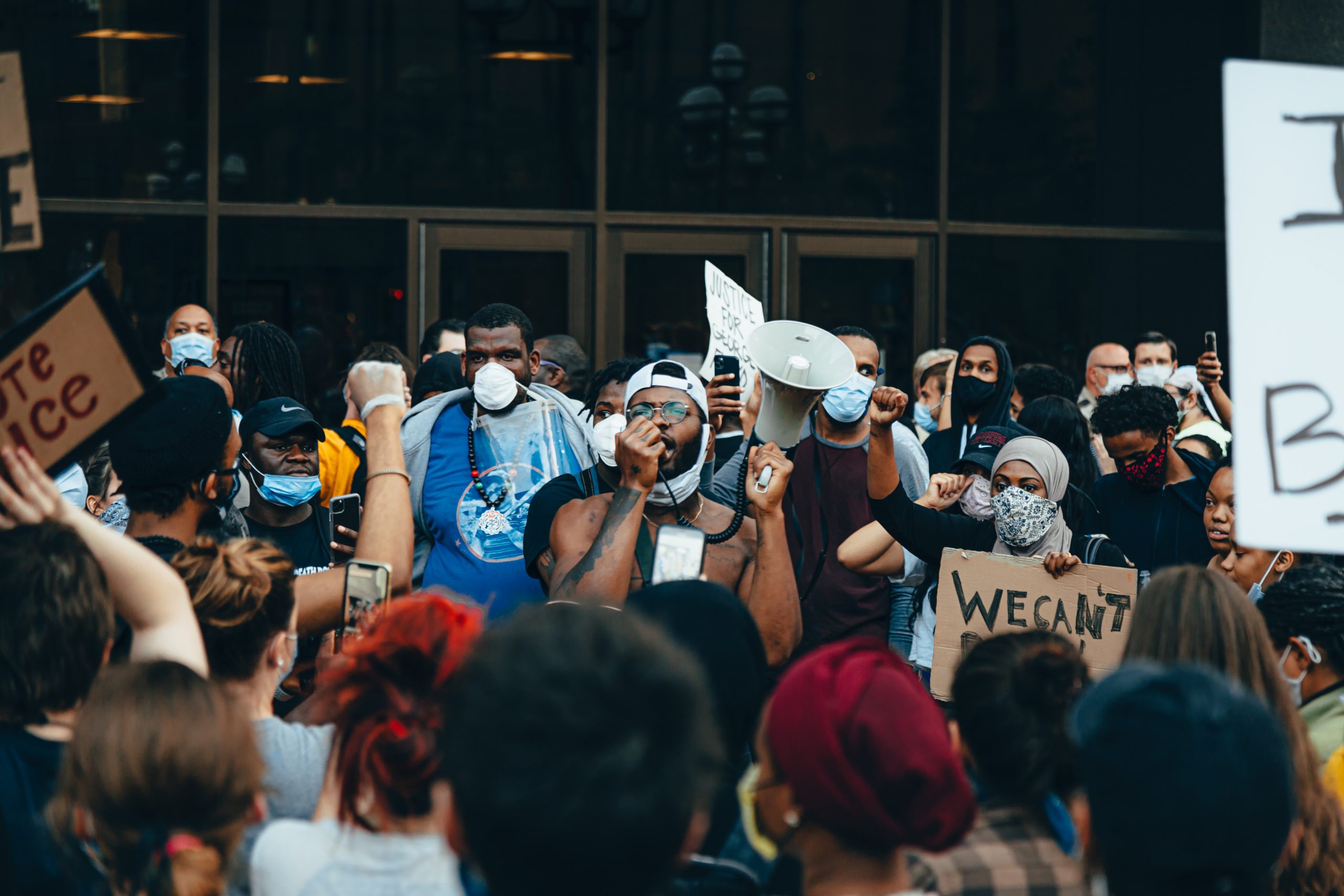

In times of injustice, humans band together in unified strength. Dating back centuries, peaceful and non-peaceful protesting has been a building block for societal change. In the modern era, we’ve continued this tradition through different methods, including online activism.
The increasing presence of technology has led to an influx of new perspectives. Not only that, but it’s also allowed for a more transparent view of the justice system. For example, citizens look to police body camera footage to determine the cause of an arrest or crime, allowing for a level of insight that was previously unavailable.
While technology has led to the advancement of the public eye into previously private social sectors, its primary form of relevancy comes from online activism. Taking shape in many forms, online activism serves as an outlet for protests about social change. Sites such as change.org have allowed users to sign petitions which are later forwarded to justice officials, changing the definition of what qualifies as a “protest.”
Especially in our current state, it’s vital to limit social interaction. With the tragic passing of George Floyd, online activism became more prominent than ever. Instagram accounts organized a “Blackout Tuesday” protest, in which millions of users posted a black screen to promote solidarity. The hashtag received 22 million posts as feeds were flooded with the template. The movement allowed for a strong display of solidarity that wasn’t limited by location or any other factors and sent a strong message of love to the African-American community.
However, online activism has come under recent speculation. While users may claim to be “supporting” a specific cause, an unfortunate wave of performance activism occurs on social media forums. “Performance activism” is generally described as the action of supporting a particular reason to look “trendy” (i.e., saying “Black Lives Matter” but willingly deciding not to attend a protest).
Social media gives users a way to endorse movements without putting in a large amount of time, discrediting the idea. While someone may reshare a template describing a social issue, most users never actually act upon the statements they claim to love.
Unfortunately, performance activism makes up the majority of social media protesting, creating a paradox. One user shares a post to their friends, who then continue to share that post to more people who simply repost the image, but nobody takes any action to support the idea. While most activism is done with good intentions, the internet has given citizens an easy way out. This increasing trend has harmed the credibility of legitimate causes since social media protesting is generally looked at as unreliable, trivial, and stagnant.
While the internet has expanded the possibility of social change, it’s crucial to provide substantial progress instead of “awareness.” Spreading awareness is excellent, don’t get me wrong, but it only serves as a positive benchmark if the actual change stems from it. There’s no point in magnifying an issue if we don’t take action. As we start to redefine what is classified as a “movement,” it’s important to distinguish the genuine online protesting from the facade-like reposting of viral material.
World
COVID-19 Cases Rise As New Delta Variant Spreads
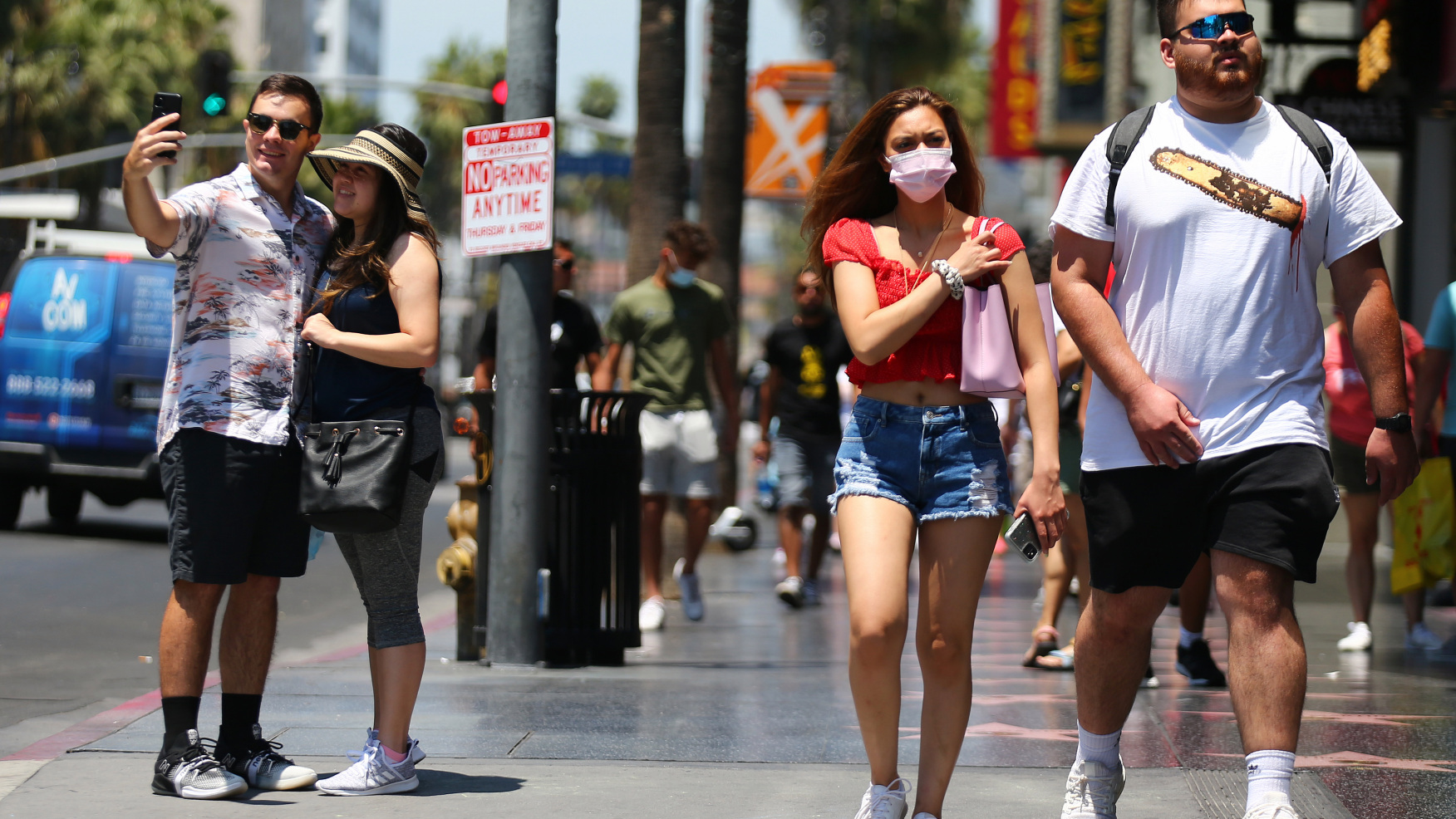

Several countries worldwide are now battling another wave of COVID-19 that is mainly due to the new Delta variant. Per several studies, this variant seems to be more contagious than the other previous strains.
According to the U.S. Centers for Disease Control and Prevention (CDC), the number of COVID-19 cases has risen by over 53% in the last week, and the Delta variant is responsible for 80% of these new cases that have been found in the USA. As of 30th July 2021, over 90 countries have been affected by this virus, with the epicenters being the UK, USA, Portugal, Germany, and India.
On Thursday, 29th July, the CDC released details citing how the delta variant has changed the war against Covid-19. According to the CDC, this variant spreads faster than the common cold, the 1918 flu, and smallpox.
To give more context about this new COVID-19 variant, let’s share some facts that you may need to know about it.
The Delta variant has similar symptoms with the original strain
People that have been affected by this variant appear to have similar symptoms to those with the older variants. However, physicians say the delta variant multiplies faster in the respiratory tract, making young people sicker faster.
The Delta variant brings mild symptoms amongst the vaccinated
Most of the vaccinated people are asymptomatic to this variant, so they will likely show no signs. However, some have experienced mild symptoms like headache, cough, fever, and significant loss of smell.
The Delta variant impacts unvaccinated people more
Currently, in the USA, over 97% of the people hospitalized with COVID-19 are unvaccinated. This new variant may easily lead to severe symptoms, hospitalization, and death for those not vaccinated.
Experts are recommending wearing masks for even those that are vaccinated
To safeguard yourself from this variant, experts recommend wearing masks even for those already vaccinated. However, experts still say people who are vaccinated are unlikely to get severe symptoms that require hospitalization.
World
How Activists Are Using Social Media To Fight Anti Semitism
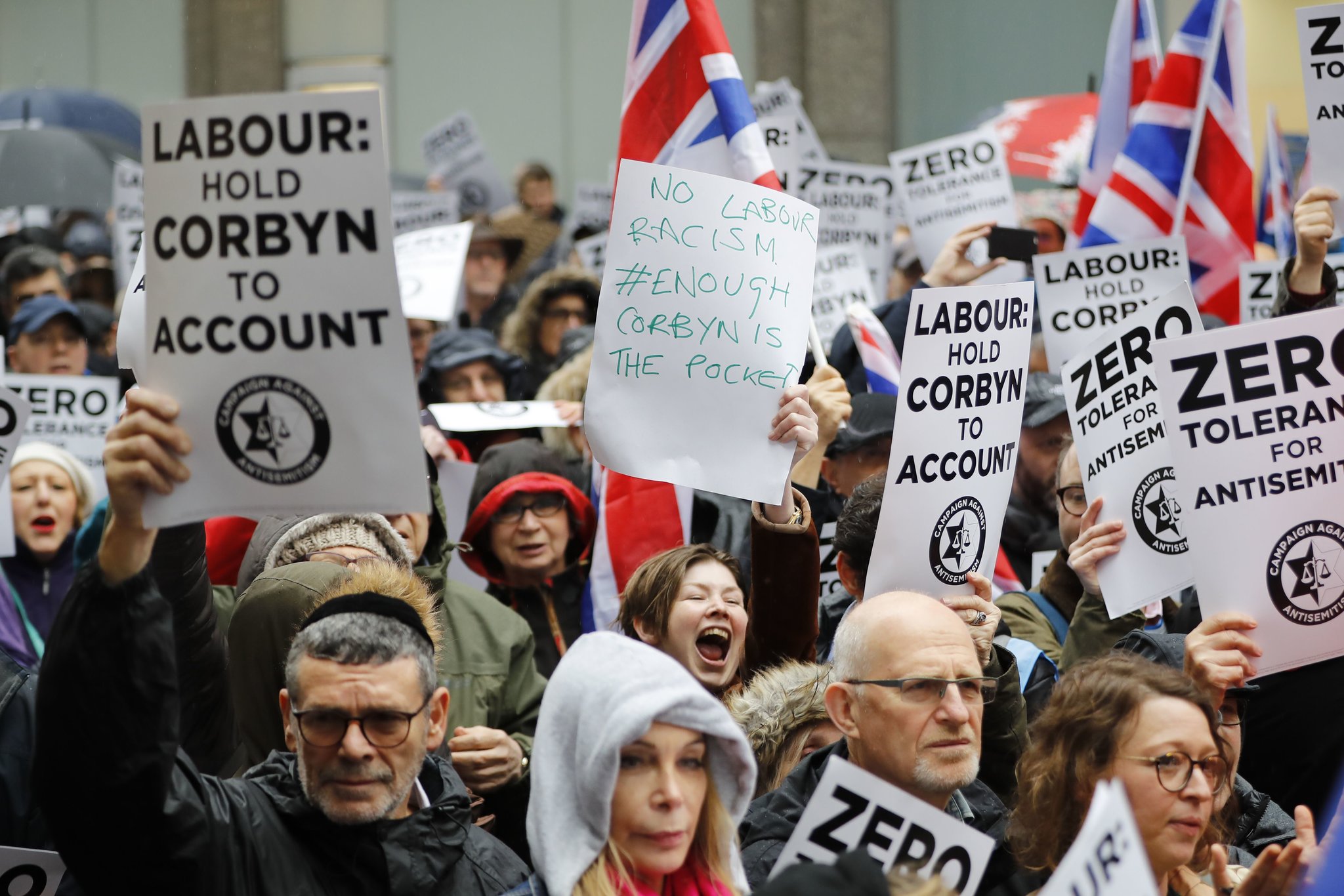

Anti Semitism is defined as “a certain perception of Jews, which may be expressed as hatred toward Jews. Rhetorical and physical manifestations of antisemitism are directed toward Jewish or non-Jewish individuals and/or their property, toward Jewish community institutions and religious facilities.”
Anti Semitism is not a new form of hate. In fact, it has existed for thousands of years. Yet, to some extent, Anti Semitism has been recently streamlined through social media. Anonymity online has led to an uptick in hate speech towards various groups, one of which is the Jewish population. Because online posts generally see more minor consequences (in contrast to in-person actions and words), they’ve become a hub for extremism to flourish.
But similar to how social media is used to spread Anti Semitic rhetoric, it is also being used to combat it. One organization that fights Anti Semitism online is Stop Anti-Semitism, founded in 2018 by Liora Rez.
Liora, a previous content creator in her own right, pivoted her audience and built a new organization to focus on antisemitism. The organization reaches millions of people per month through social media platforms, their website, and a mailing list. Stop Anti-Semitism has also teamed up with reporters, law enforcement, congressional members, and global NGOs to help expose and stop antisemitism.
The organization has been able to hold antisemites accountable through school suspensions, job losses, and arrests. StopAntiSemitsm is one of the biggest platforms fighting anti-Semitism on social media and has amassed a following of over 47,000.
Another social media page fighting is Stand With Us. With over 330,000 followers on Instagram, their outreach is massive. Unlike the targeted approach that stops Anti Semitism takes, Stand With Us focuses on tackling antisemitism on a huge scale as well. They’ve sponsored many rallies against antisemitism across the world. At the same time, they’ve started up high school clubs all throughout America. Stand With Us is exceptionally organized, with over a hundred employees.
As a member of the Jewish community, I find the rise of anti-Semitism extremely concerning. I know of many people within the Jewish community who have begun to hide the fact that they are Jewish as they fear repercussions that they may face. Social media has been used to inspire members within the Jewish community to be prideful of their culture and religion. At the same time, it has become the battlefield against the cancer of antisemitism. Stand With Us and Stop Anti Semitism are just a few of the dozens of accounts that focus on combating the rise in antisemitism.
World
Social Media Challenges Florida With New Policy Announcement
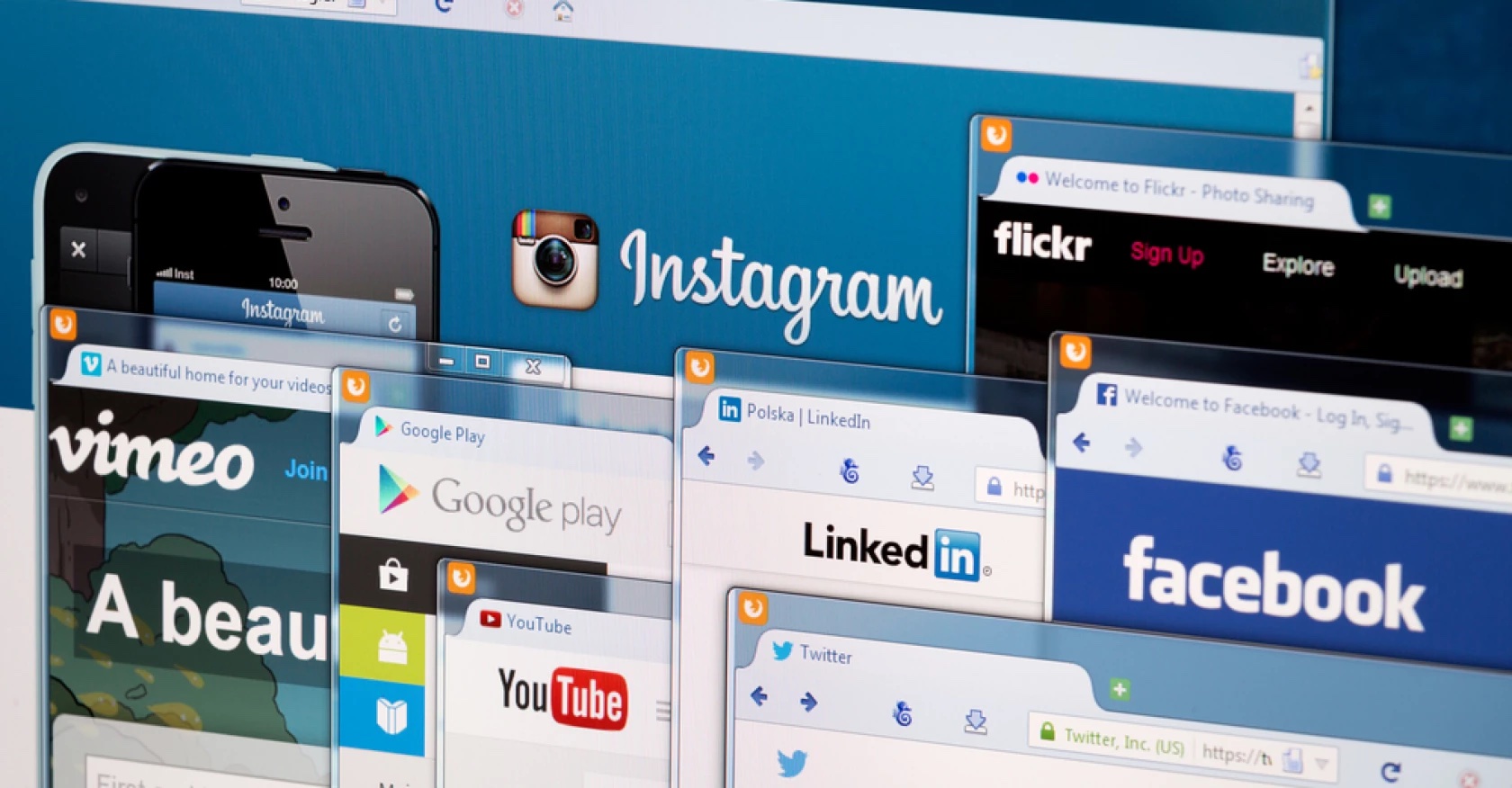

We previously told you about how Floridian Governor Ron DeSantis (R) recently signed a big anti-social media bill into law.
The legislation targets big social media companies like Facebook, Instagram, and Twitter. Under it, no longer can companies ban political candidates or officials from participating on their platforms.
“What we have seen in recent years is a shift away from internet platforms and social media platforms from really being liberating forces to now being enforcers of orthodoxy,” Gov DeSantis notes.
That bill covers both statewide and national candidates, though the fines for social media companies removing statewide candidates are much bigger. If a candidate runs for statewide office, the penalty is $250,000 per day (compared to $25,000 a day for out-of-state positions).
Many policymakers are contesting the premise of such a bill. Oregon senator Ron Wyden (D) notes: “The First Amendment to the United States Constitution — backstopped by Section 230 — makes it abundantly clear that states have no power to compel private companies to host speech, especially from politicians.”
Lawsuits against the bill (many of which are based on constitutionality and are led by social media platforms) have already emerged.
Likewise, Facebook’s new policy announcement importantly indicates that the social media giant isn’t backing down to the threat of fines.
In the future, Facebook is now publicly looking to remove its rule on political exemptions, indicating that candidates and those in office no longer have near immunity for what they say or do on the platform.
Previously, policymakers and candidates held a level of newsworthiness that made banning them on social media sites (in this case, Facebook) complex.
Facebook explains: If “someone makes a statement or shares a post which breaks our community standards we will still allow it on our platform if we believe the public interest in seeing it outweighs the risk of harm.” That rule supposedly won’t be around for much longer.
If Florida stays where they are, federal courts might also get involved. By extending into the topic of constitutionality, federal courts now have jurisdiction to get involved and overrule/uphold legislation created by the state supreme courts.
-

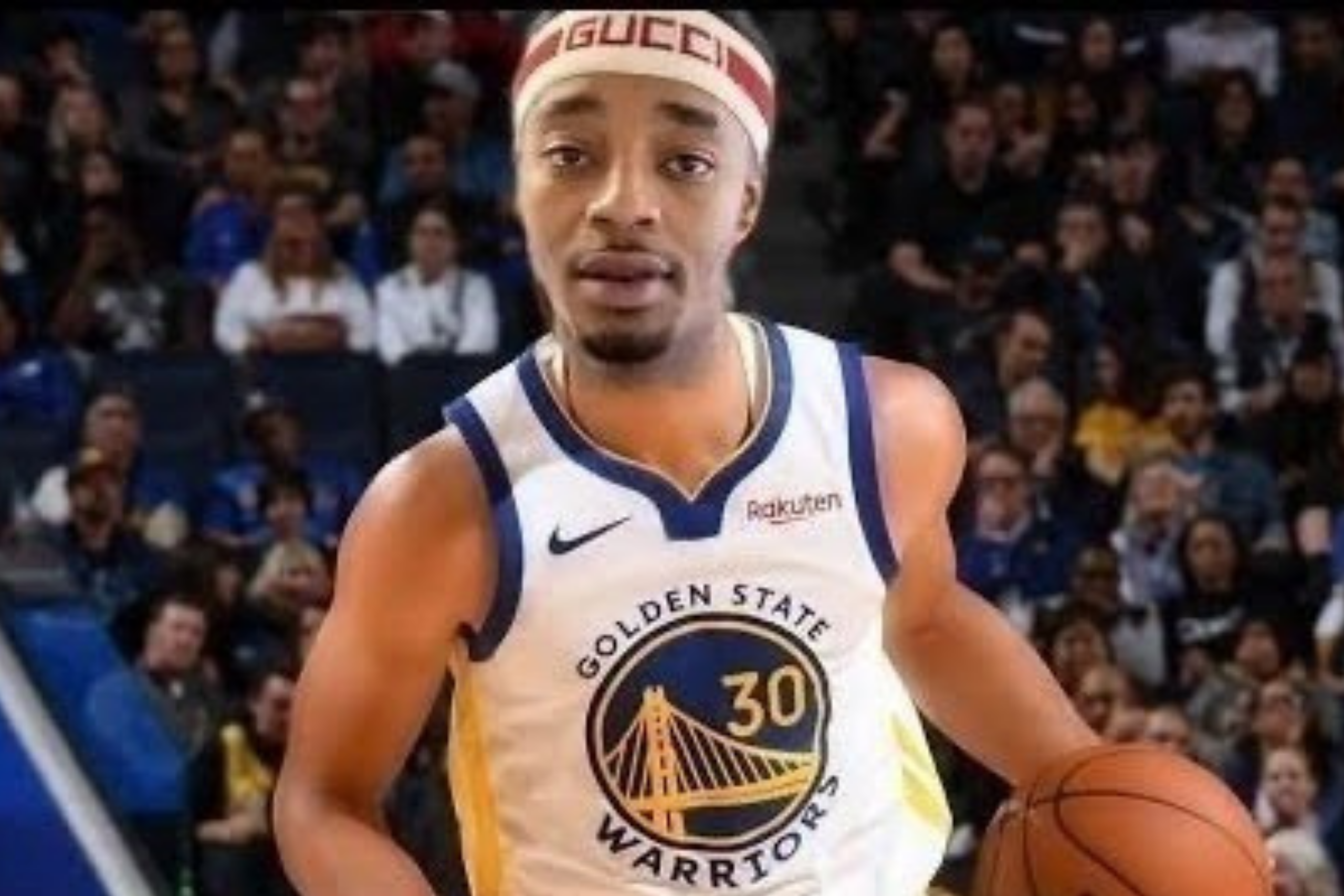

 Spzrts5 years ago
Spzrts5 years agoWhat’s the Hype Around FlightReacts?
-



 World5 years ago
World5 years agoArtificial Intelligence in the Modern World
-



 Genfluencer5 years ago
Genfluencer5 years agoHow StevoLuddy Uses TikTok to Further Pursue His Passion
-



 Genfluencer5 years ago
Genfluencer5 years agoHow Rowan Winch Makes Thousands From His Phone
-



 Digital Culture5 years ago
Digital Culture5 years agoThe Effects of Social Media on the iGen (Generation Z)
-



 Business4 years ago
Business4 years ago5 Tips for Starting a Limited Liability Company
-



 Spzrts5 years ago
Spzrts5 years agoHow the “Basketball Bubble” Runs on Technology
-

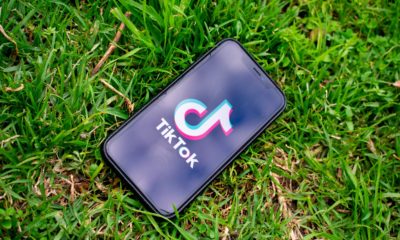

 Digital Culture5 years ago
Digital Culture5 years agoHow to Navigate TikTok with Adam Meskouri














